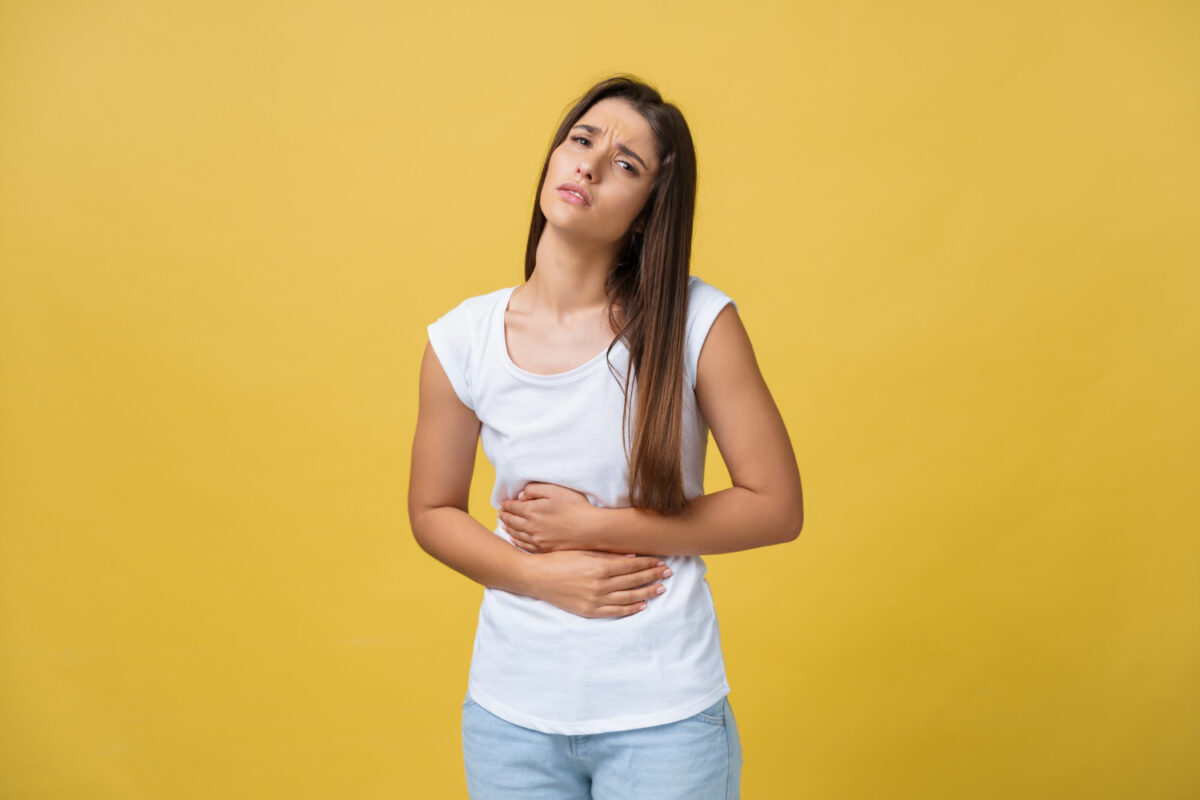Definition of PCOS
The hormonal condition polycystic ovarian syndrome (PCOS) is particularly widespread among women of childbearing age. It is characterized by the presence of multiple small cysts on the ovaries and an imbalance of hormones such as Estrogen and testosterone.
Symptoms of PCOS
The symptoms of polycystic ovary syndrome (PCOS) can vary, but may include:
- PCOS can cause irregular periods or absent periods due to an imbalance of hormones such as estrogen and testosterone.
- PCOS can cause excess hair growth on the face, chest, and back due to an excess of androgens. This is called hirsutism.
- The exact cause of acne in women with PCOS is not fully understood, but it is thought to be related to an excess of androgens.
- PCOS can cause weight gain or difficulty losing weight due to insulin resistance, which is when the body does not use insulin effectively.
- Polycystic ovary syndrome can cause thinning hair on the head due to an excess of androgens hormones.
- PCOS can cause difficulty getting pregnant due to irregular periods or absent periods, which can make it difficult to predict when ovulation will occur.
Causes of PCOS
The exact cause of PCOS is not fully understood, but it is thought to be related to a combination of genetic, environmental, and hormonal factors.
One possible cause of PCOS is insulin resistance, which is when the body does not use insulin effectively. Blood sugar levels can be controlled with the help of the hormone insulin. When the body becomes resistant to insulin, it can lead to high levels of insulin in the body, which can cause an imbalance of hormones and lead to the development of cysts in the ovaries.
Genetic Causes:
PCOS tends to run in families, suggesting that there may be a genetic component to the condition.
Environmental Factors:
Exposure to certain environmental toxins or endocrine disruptors (substances that interfere with hormone production and metabolism) may increase the risk of PCOS.
Hormonal Imbalances:
PCOS is characterized by an imbalance of hormones such as estrogen and testosterone, which can lead to the development of symptoms such as irregular periods and excess hair growth.
It is important to note that the exact cause of PCOS may vary from person to person, and a combination of factors likely plays a role in the development of the condition.

What Should Be Avoided?
The hormonal condition polycystic ovarian syndrome (PCOS) is particularly widespread among women of childbearing age. It is characterized by the presence of multiple small cysts on the ovaries and an imbalance of hormones such as estrogen and testosterone. Women with PCOS often experience symptoms such as irregular periods, excess hair growth, and difficulty getting pregnant.
To manage PCOS and its symptoms, it is important to make lifestyle changes, and PCOS foods to avoid, and work closely with a healthcare provider to determine the best treatment plan.
One of the most important lifestyle changes to make is to eat a healthy, balanced diet. Processed and sugary foods should be avoided, as they can worsen PCOS symptoms and contribute to weight gain. Instead, choose foods that are high in fiber and protein, such as fruits, vegetables, whole grains, and lean sources of protein. A healthy diet can help regulate hormone levels and improve overall health.
Exercise is also important for managing PCOS. Make 30 minutes of moderate exercise a priority most days of the week. Exercise can help regulate hormone levels, reduce stress, and improve insulin sensitivity.
Reducing stress is also important for managing PCOS. Stress can worsen symptoms and disrupt hormone levels. Engage in activities that promote relaxation, such as meditation, yoga, or deep breathing, to effectively handle stress.
Sugary foods are the worst foods for PCOS. Limiting sugary foods can be especially beneficial for women with PCOS, as high sugar intake can worsen symptoms and contribute to weight gain. Instead, choose foods that are high in fiber and protein, such as fruits, vegetables, whole grains, yogurt for PCOS, and lean sources of protein. These types of foods can help regulate hormone levels and improve overall health.
Smoking is also harmful to women with PCOS. Smoking can worsen symptoms and increase the risk of complications. Quitting smoking is essential for managing PCOS and improving overall health.
Limiting alcohol intake is also important for managing PCOS. Alcohol can disrupt hormone levels and worsen symptoms. It is recommended to reduce or abstain from alcohol consumption altogether.
How to Manage PCOS?
Polycystic ovary syndrome (PCOS) is a hormonal disorder that can cause irregular periods, excess hair growth, acne, and difficulty getting pregnant. While PCOS’s best supplements may not be able to cure PCOS, they may be able to help manage some of the symptoms. Some PCOS best supplements that may help manage the symptoms of PCOS include Chromium, Inositol, Omega-3 fatty acids, Vitamin D, and Vitex agnus-castus.
The Bottom Line
In summary, to manage PCOS, it is important to avoid processed and sugary foods, exercise regularly, reduce stress, quit smoking, and limit alcohol intake. Working closely with a healthcare provider is also essential for determining the best treatment plan and managing symptoms. By making these lifestyle changes, women with PCOS can improve their overall health and manage their symptoms effectively.




